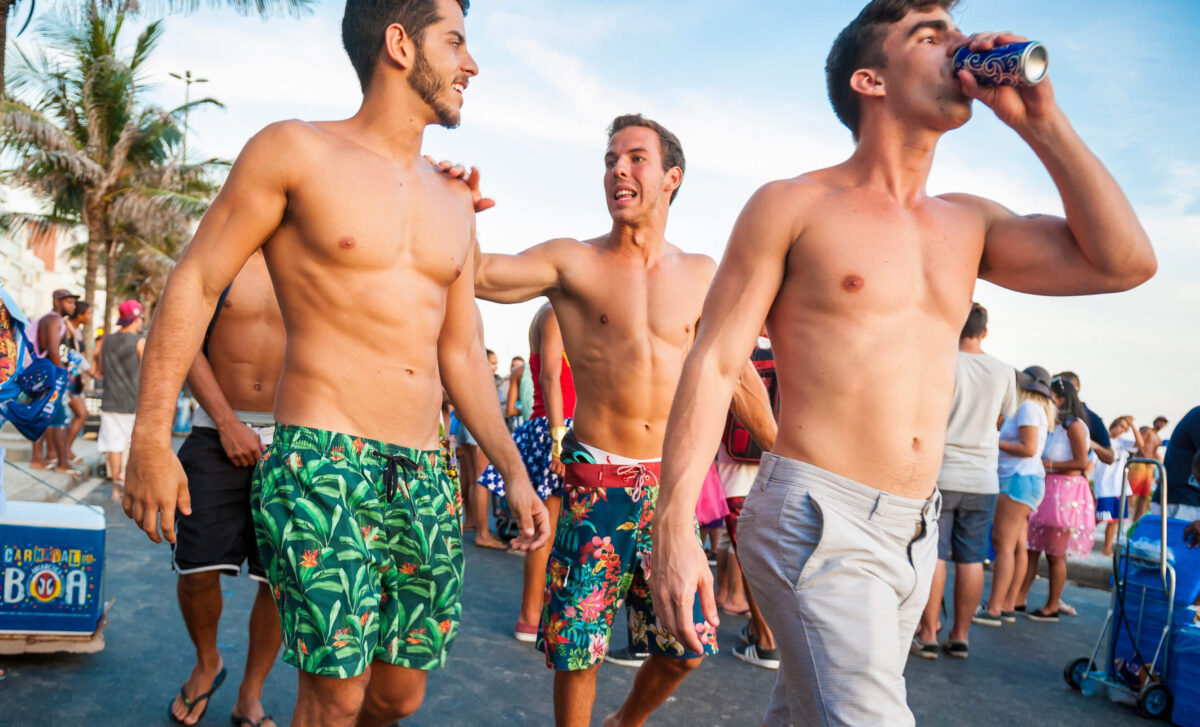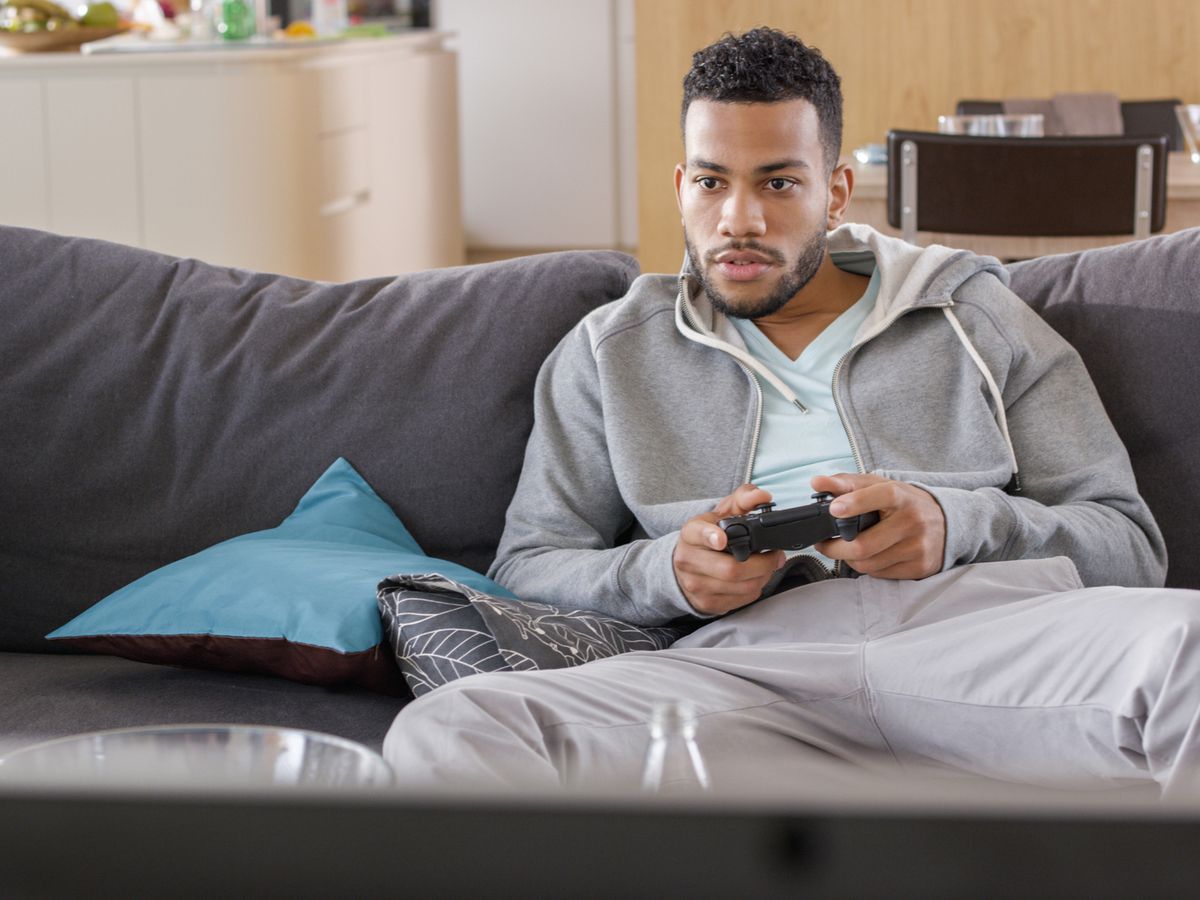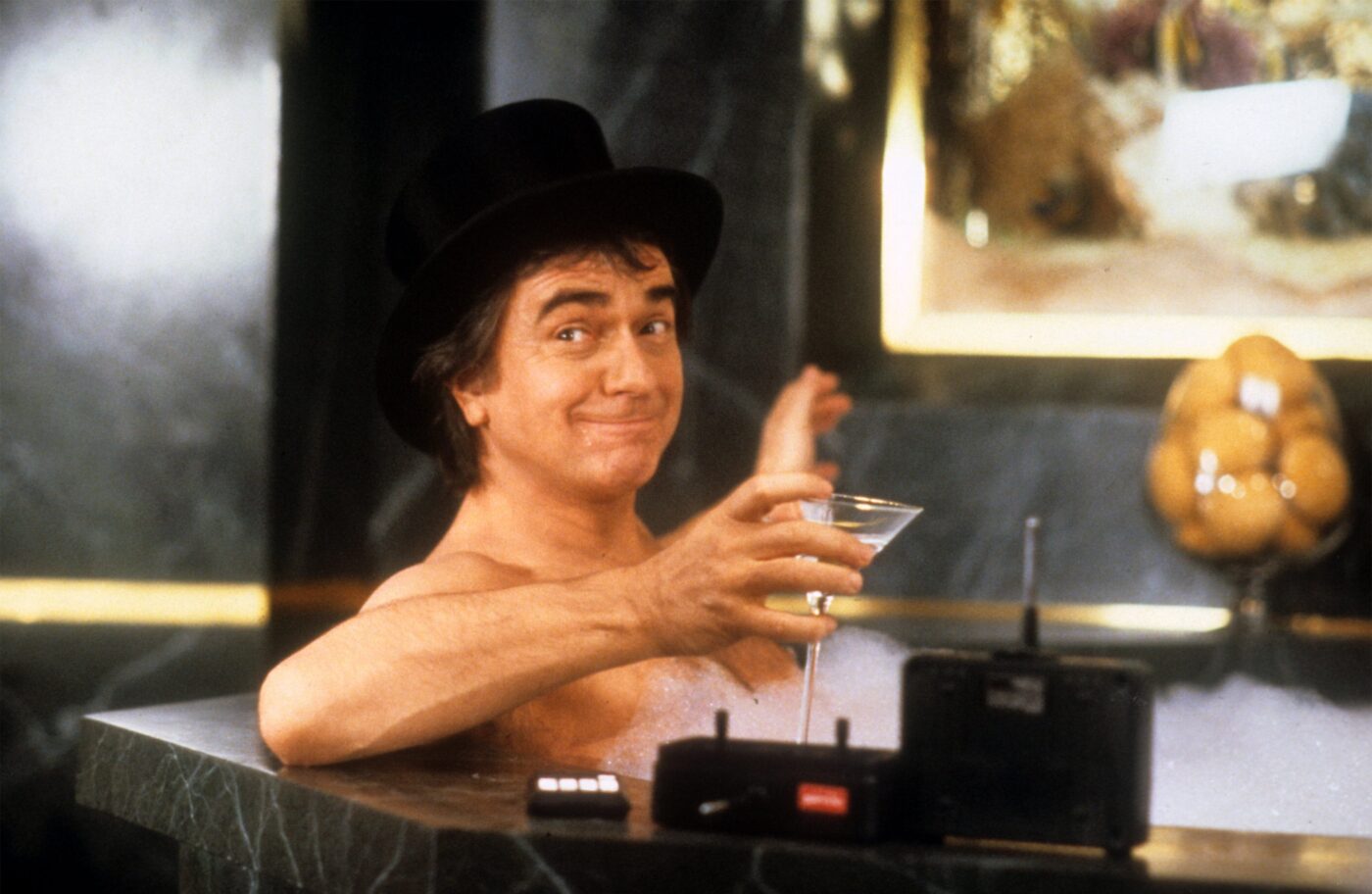Despite grog continuing to play a central role in Australian culture – especially for Aussie blokes who lead the boozy charge, particularly where binge drinking is concerned – young people continue to drink less than preceding generations. The unstoppable rise of a new kind of online mentor shows just how far things have come…
Aussies like a drink – that goes without saying. Beyond inventing the iconic shoey, 1 in 4 Australian adults exceeded the government’s prescribed Adult Alcohol Guidelines in the year 2020-21, and people born in Australia were twice as likely to exceed those guidelines compared to people born overseas.
In particular, it’s Aussie blokes who are keeping our grand tradition of alcoholism tradition alive. Men were almost twice as likely as women to exceed the aforementioned guideline, are more likely to regularly drink to a point of risk and are over three times more likely to consume more than ten drinks in a single evening.
In short, Australians are world-leading drinkers, but Aussie men are binge-drinking extraordinaires. And yet… Data continues to show that young people around the world, including Aussie men, are drinking less than the generations that came before them, and have been for a decade.
Around 66% of young Australian adults consumed alcohol in the year to March 2020, almost 100,000 people less than the year before. The longer trend shows this even more clearly: the number of twelve-to-fifteen-year-olds drinking halved between 2004 and 2014, dropping from 35% to 18%. Over the same period, drinking by sixteen-to-seventeen-year-olds fell sharply too, from 81% to 59%.

So then perhaps it’s no surprise that the kind of content young people are accessing online appears to be changing alongside their day-to-day habits. The days of online superstar party animals like onetime Aussie icon Zyzz are over; this is the era of the #sobercoach.
What is the #sobercoach trend?
This new hashtag has almost 30 million views on TikTok, with creators in the field racking up to 300,000 followers apiece. Videos by these creators range in style and content, but in every case are advocating passionately against the consumption of alcohol altogether.
Each creator takes a different tact, presumably in the hope of capturing a specific segment of the sober (or looking-to-be) community. Some focus on the increased time and effort you free up to be a good father or husband by giving up drink.
Others choose to focus on how bound-up drinking is with other bad habits: drug use, smoking, aggression and domestic disputes. Some hone in on the experience of sobriety as a neurodivergent, especially for those with ADHD.
In a more creative turn, some even daub make-up and al-foil ears in an attempt to demonstrate how ridiculous the prevalence of alcohol in society at large might seem to an extraterrestrial species…
WATCH a few examples of TikTok’s #sobercoach influencers below.
The rise of this new brand of content is undeniable and seemingly unstoppable, but admiring its many creative forms doesn’t actually answer the underlying question: why are young people drinking so much less in the first place that an opening for this kind of content even exists?
As if so often the case, the answer is manifold. It can, however, be broken down into a few major factors.
Young people are more health-conscious and open-minded
One of these is a much more prevalent concern with their health versus older generations. Not only are younger people more worried about the effects of grog on their brains, liver, and other vitals, but they’re hugely concerned with the mental health risks associated with excessive alcohol consumption and addiction.
Another is a changing technological landscape: the rise of social media and the permanent record of drunken debauchery that such platforms allow for puts teens off the idea of getting blackout drunk lest a fistful of less-than-flattering photos emerges online the following day.
Moreover, the accessibility of other online activities like gaming that don’t (necessarily) require alcohol consumption provides sober alternatives for teens.
However, perhaps the biggest single factor is changing relationships among families. Mobile phones make it a hell of a lot easier to “track” the behaviour of your teenage kids on a night out, and parents are way less likely to buy their kids booze than in years gone by.

But this makes things sound a lot more draconian than they really are. Teens now are spending more time with their parents than before and, as a result, developing more communicative relationships with them.
This has led to a paradigm shift in the way binge drinking as a teen is perceived by young people; no longer is it a marker of independence, adulthood, and rebellion. Instead, abstinence has emerged as the socially-acceptable way to set yourself apart from your peers and elders.
So, if you’re looking to get down with the kids or better connect with the young people in your life, there’s no need to don a Buscemi-esque hoodie and skateboard. All you need to do is put down the VB and set yourself up with a #sobercoach.
